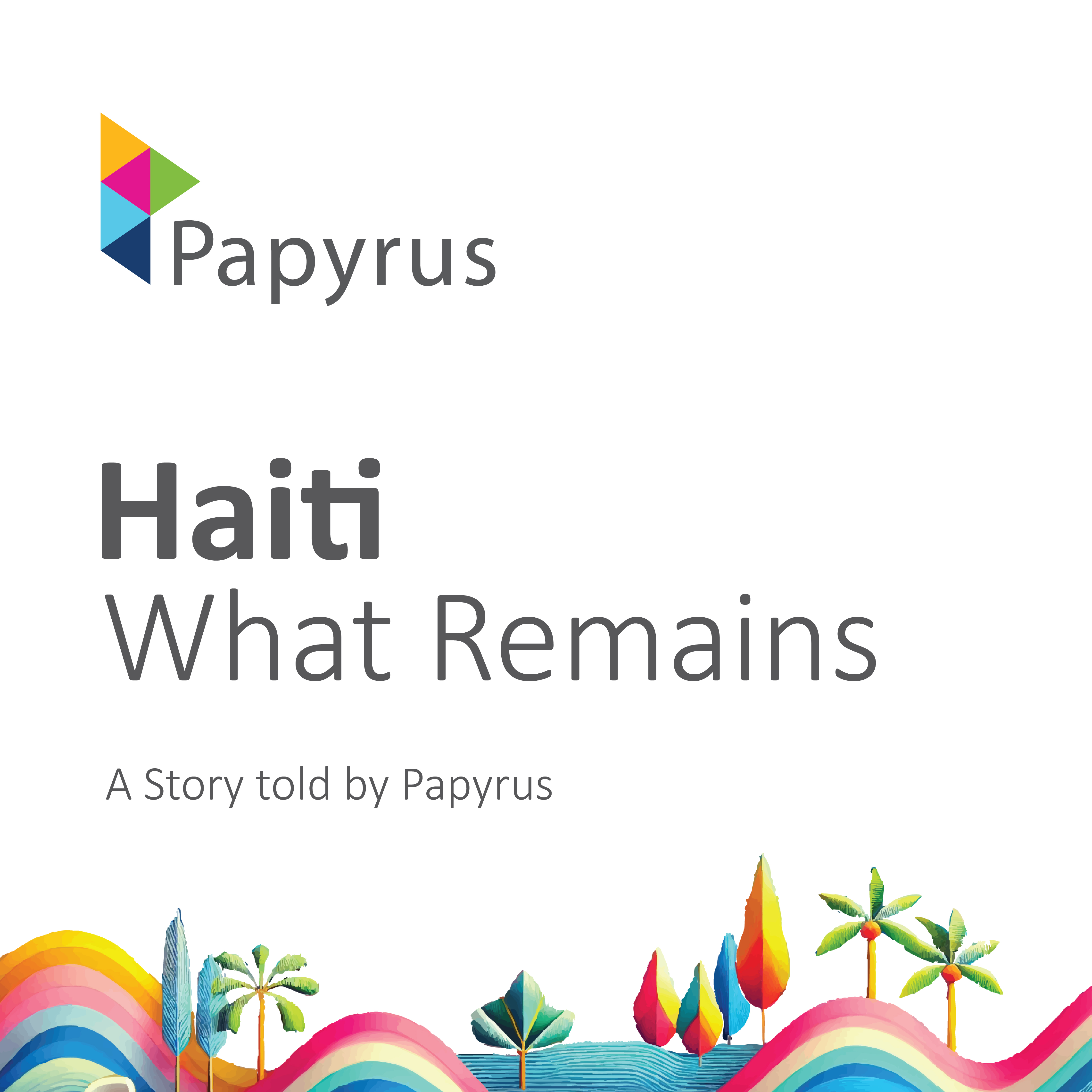PISA: Recruiting Youth from Our Communities to Become Certification Controllers
Haiti’s cacao industry has traditionally sold most of its harvest to low-paying commodity markets. To differentiate its cacao, PISA invested in both quality and certifications in order to access higher value markets.
.jpg)
Haiti’s cacao industry has traditionally sold most of its harvest to low-paying commodity markets. To differentiate its cacao, PISA invested in both quality and certifications in order to access higher value markets.
Certifications require that PISA, and its partner association APROCANO, build a reliable traceability system and internal controls to ensure that organic production and fair-trade principles are respected from the farmer’s plots to the end consumer.
At the APROCANO level, this means all producer plots within the certified network must be visited every year. In order to comply with this requirement, APROCANO and PISA have partnered to recruit and train internal controllers to perform annual visits. These controllers are chosen among the same communities of producers and are usually educated young people from cacao producing families.
PISA entered the certification process in 2015. Since then, its internal control system has significantly improved and APROCANO’s involvement increased. Thirty-eight controllers, fifteen of whom women, have been trained by PISA this year to visit around fifteen hundred plots. PISA and APROCANO are co-financing their work on the field.
The controllers are youth from the community who have been taught the value of cacao production, environmental protection and social equity over the years and are now a valuable resource for farmers and for their communities on these subjects. Several of them will be selected to enter a Trainee Program to become focal points on leadership and certification at the community level. They will also be trained in the use of the mobile value chain application “PISAMobil” that the project is working on to register farmers and plots.
Timo Kevni remembers when he started in 2014. “Back then we were only a dozen controllers going from one community to another on PISA’s truck. For the past three years, I have been surveying my own community and getting the producers to better understand what organic and fair-trade cacao production means. I am myself a cacao producer and I am proud to produce organic cacao for export!”
Fenix Appolos, recently recruited in Limbé to visit the new producers of Acul-Jeannot, says: “I studied agronomy and was a veterinary agent in my community. My father and aunt are cocoa producers, and I am becoming a producer myself. I didn't expect the internal control to be so difficult because I have to walk a lot to visit each plot, but I learn every day from my meetings with producers within my community."
Access to high-value markets has developed their competitiveness and keeps them motivated. Before the partnership with APROCANO and PISA, cocoa producers had to sell at low prices to middlemen.”




.jpg)


